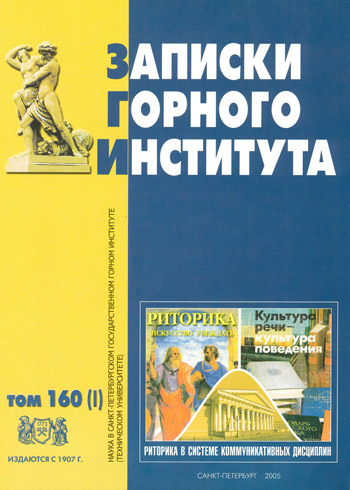Rhetoric: the past in the present
- St. Petersburg State University
Abstract
This article reflects both diachronic and synchronic aspects of rhetoric comprehension. Rhetorical culture as a whole, as it is known, fulfills the functions of production, fixation, storage and transmission of spiritual experience. The process of speech relations becomes human only when it is mediated by ideal products of culture: norms, values, ideals. Values and norms of rhetoric accumulate the highest incentives of human behavior, have an inducing, effective force, are one of the stable universal bases of culture. Speech is not only a means of transmitting knowledge or truths, but, first of all, a way of establishing mutual understanding, which is the focus of the person acting with words. The basis of any historical type of culture is the type of personality corresponding to it. An unfree, dissociated, passive, limited person is dangerous for culture; he can be opposed to the rhetorical type of personality, through the word realizing one of the most important human needs - the need to communicate with other people. Rhetoric helps the process of consistent formation, self-knowledge, self-exaltation of personality.
